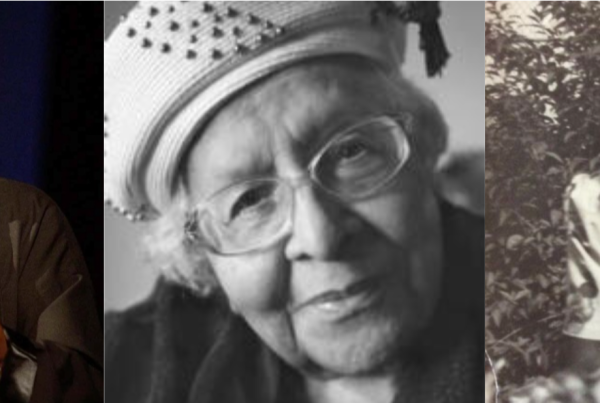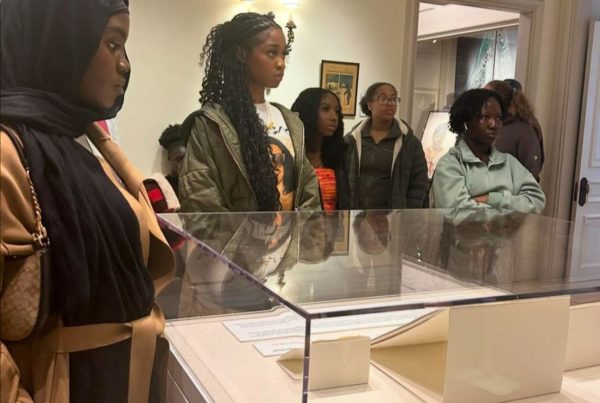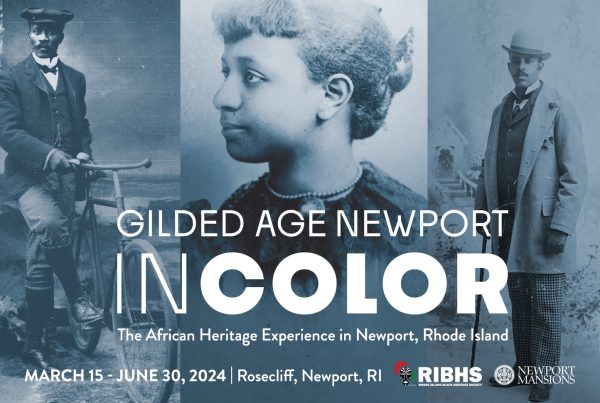Celebrating Milestones And Looking Ahead: BirthRiteRI’s Remarkable Journey
Executive Director


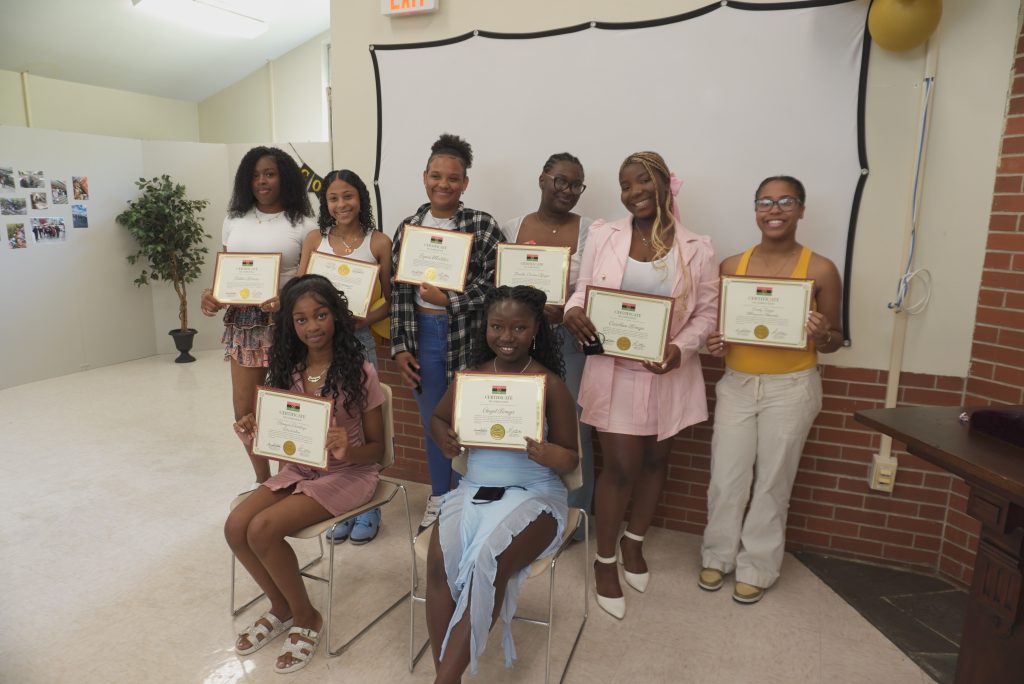
On June 15th, 2024, we were filled with immense pride and joy as we celebrated a significant milestone for the BirthRiteRI program. We not only honored the graduation of our dedicated seniors but also warmly welcomed the new class of advancing juniors into our vibrant community.
Over the past year, a group of seventeen exceptional young adults engaged in our transformative “adulting” program, meeting twice a month for experiential learning. Their journey was rich with diverse and impactful activities, including:
- Workshops aboard the SSV Oliver Hazard Perry: Participants delved into the world of sailing ships and marine trades, explored the history of African heritage mariners, gained financial literacy skills, and took part in a mock trial guided by JAG officers from the Naval War College.
- AirVentures: The group discovered the exciting realm of flight schools and aviation trades, broadening their horizons and exploring new career possibilities.
- Escape Room Team-Building Exercise: The team-building adventure at an Escape Room fostered collaboration and problem-solving skills in a fun and dynamic environment.
- Journey to the US Virgin Islands: This immersive experience allowed the students to explore the rich history of the diaspora, deepening their understanding of cultural heritage.
These activities were not just educational—they were opportunities for personal growth, forging lasting friendships, and gaining invaluable experiences that will aid them as they transition into adulthood.
As we look forward to the upcoming year, we are excited to expand the program to include a larger group of participants. Our plans for the year ahead are ambitious and promising:
- Comprehensive Adulting Curriculum: A robust curriculum designed to equip students with essential life skills and knowledge.
- Trips to Washington, DC: Students will explore the nation’s capital, gaining insights into history and governance.
- Diaspora Travel: Depending on travel safety, we aim to take students to various locations significant to the diaspora.
- African Continent Journey for Seniors: A groundbreaking trip that will provide seniors with firsthand experiences and connections to their heritage.
These advancements are made possible thanks to the generous support of our donors and a significant congressional grant obtained through the efforts of Senator Sheldon Whitehouse, with backing from Senator Jack Reed.
BirthRiteRI has evolved from its roots in the African Heritage Rhode Trip program, which began in 2021. While we continue to visit African heritage sites around Rhode Island, the transition to BirthRiteRI reflects our commitment to fostering confidence and self-awareness in young people through an understanding of their heritage.
Thank you for your unwavering support, which makes these transformative experiences possible. We look forward to another exciting year and are grateful for the role you play in helping our students thrive.
With gratitude,
Theresa Guzmán Stokes,
Executive Director
Reflecting On The Past, Reimagining The Future: Lessons From African Heritage In Gilded Age Newport
By: Lacy Quezada
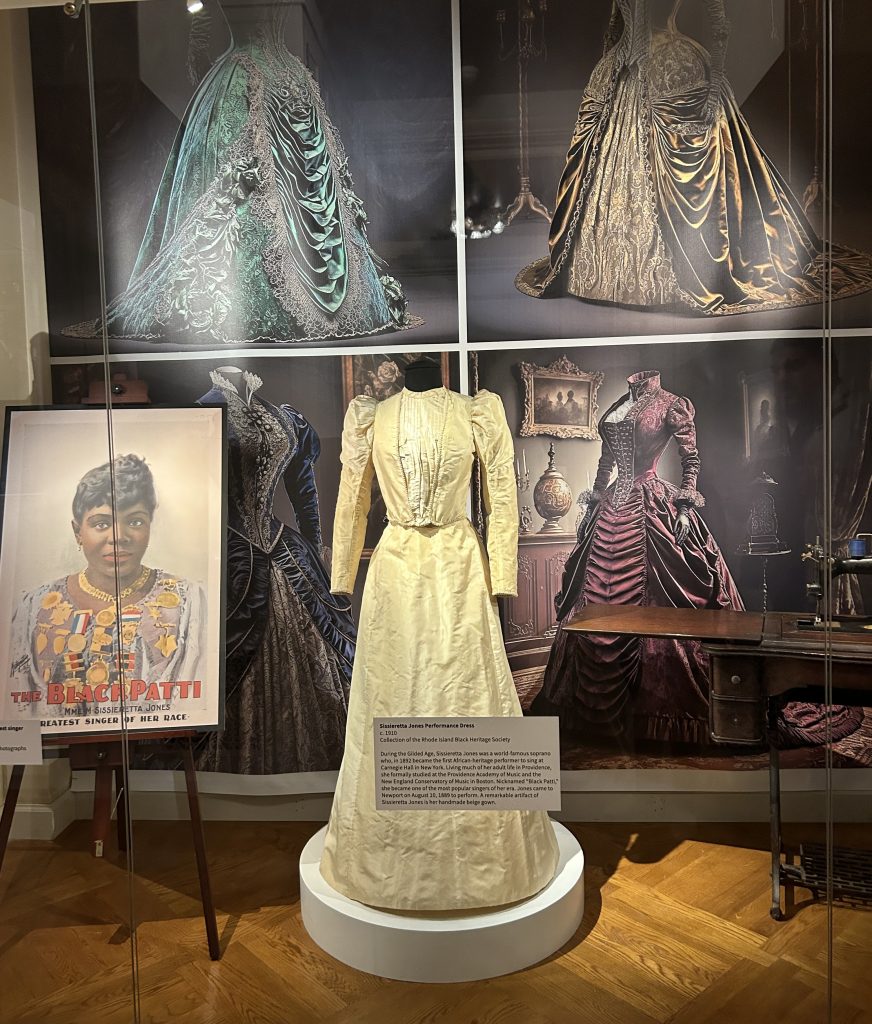

| As the warm air cools and we transition between Summer and Fall, it feels like the perfect time to reflect on what we’ve accomplished in the first half of the year and what we hope to achieve in the second. This period of reflection coincides with August, the time chosen two decades ago to observe National Black Business Month—a moment to celebrate the multitude of contributions and achievements of Black-owned businesses across the country. While we honor these remarkable accomplishments, it’s important to also consider the journey that brought us here. Rhode Island is home to one of the oldest African Heritage organizations in the country, the Rhode Island Black Heritage Society (RIBHS). It was through their partnership with The Preservation Society of Newport County and the lecture “Am I Not a Man and a Woman: The Rise of African Heritage Political Identity in Gilded Age Rhode Island” that I first learned about the African Heritage families who lived in Newport—a history that had previously been unknown to me. As someone who considers themselves a lifelong student with a particular fondness for history, hearing about this community that not only survived but thrived in interdependence with other residents of Newport made me rethink what I thought I knew about history and how much more there is to learn. This lecture didn’t just inspire me; it shattered preconceived notions and expanded my understanding of the lives of African Heritage peoples during the 18th century. Newport was home to an incredible African Heritage community, one of the earliest places where their enterprises flourished. This history is a powerful testament to the enduring resilience and significance of African Heritage peoples, in the past, present, and into the future. Imagination is a powerful tool, and by expanding our understanding of what is possible, we can better contextualize the present and imagine brighter futures. |
| If you’re interested in watching the “Am I Not A Man and A Woman: The Rise of African Heritage Political Identity in Gilded Age Rhode Island” lecture by Keith Stokes, you can view it with the following link: |
Reviving Legacy: Insights From
The AAAM Conference
By: Andre Robinson
Lead Archivist
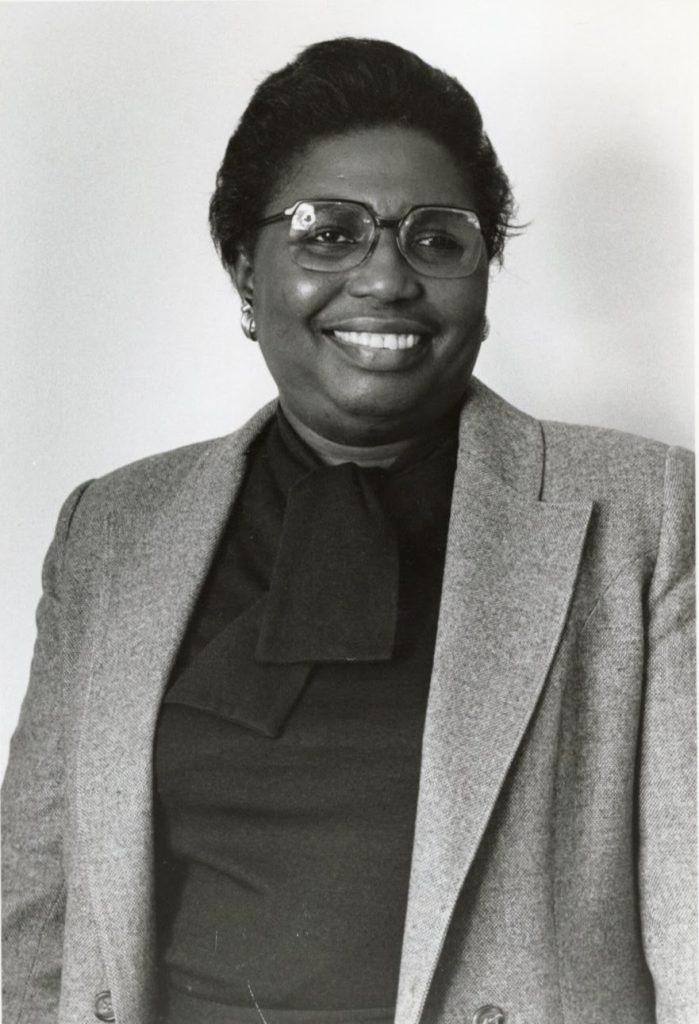
As of this writing, I’ve recently returned from the Association of African American Museums (AAAM) conference in Baltimore. The relationship between RIBHS and the AAAM goes back to our founder, Rowena Stewart, who played a key role in the early history of the organization (known back then as the African American Museum Association), including serving as its second president. Dr. John E. Fleming called her “The catalyst that started the Association of African American Museums. As one of the first presidents of the association, she kept the organization running at a time when there were few resources to do so.” In honor of Rowena Stewart and her role in both RIBHS and AAAM, we felt that it was important to reconnect with AAAM, with attending this conference being a first step.
While there, I had an opportunity to learn about some of the amazing things happening in the field of African heritage museums and archives and hear from some of the people making those things happen. One of those people is Dr. Carla Hayden, the 14th Librarian of Congress and the first woman and person of African heritage to hold the position, who was interviewed at the opening plenary. She spoke about her youth, including the book that inspired her love for reading because it was about a young Black girl like her, and about her vision for the future of the Library of Congress. That vision includes embracing technology and the digitization of its vast holdings so that everyone has access to the largest collection in the world. Dr. Hayden was given the John E. Fleming Award, recognizing outstanding expertise and dedication to African and African American focused institutions in careers spanning over 20 years, at the event.
The theme of this year’s conference was the 60th anniversary of the passage of the Civil Rights Act of 1964. Many of this year’s sessions accordingly reflected upon the legacy of the civil rights movement of the 1950s and 1960s, as well as the Civil Rights Act. I attended one of these sessions, The Power of Narratives: Sharing Stories of Civil Rights Activism. In it, Angela Agard and Journee Jones, of the Clemson Area African American Museum in South Carolina, spoke about the challenges of collecting oral histories from people of the generation of the civil rights movement and how important building trust with the community is to their project.
My favorite session that I attended was about the Archives for Racial & Cultural Healing project, founded by Dr. Marcus Hunter and Dr. Charles Chavis, which is dedicated to helping small institutions dedicated to Black and Indigenous communities by providing a framework and the resources that they need to protect and promote their local history and culture.
They are currently working with two sites: their pilot program at the Chipman Cultural Center in Salisbury, Maryland, and the Dark Branch Descendants Association in Brunswick County, North Carolina, but with plans for going nationwide with their work. It’s a great program and I’m looking forward to seeing them make a real difference for our cultural institutions.
This was my first year attending an AAAM conference and I enjoyed the experience. In addition to the sessions I mentioned above, some of the other sessions I attended focused on creating exhibitions and creating internship programs, which I hope to incorporate into my work in the near future. I had one conversation with another attendee who had been to three previous AAAM conferences, and she told me that it’s a conference she always looks forward to attending because of how positive and welcoming the community is. I found myself agreeing right away. By the end of the conference, I was already excited about going to next year’s conference in Charleston, South Carolina.
The Power Of The Archive: Rediscovering Rhode Island’s Black Legal History
By: Dr. Christopher West,
Director of Research

| The purpose of the Rhode Island Black Heritage Society reads as follows: “The Rhode Island Black Heritage Society is constituted for the purpose of: Procuring, collecting, and preserving books, pamphlets, letters, manuscripts, prints, photographts, paintings, and any other historical material relating to the history of the Blacks of Rhode Island; encouraging and promoting the study of such history by lectures and otherwise; and publishing and diffusing information as to such history.” The archives of the Rhode Island Black Heritage Society (RIBHS) pulse with the stories of African Heritage families that have called the Ocean State home. This particular artifact titled “List of Colored Attorneys who have practiced Law in Rhode Island” takes us back to before the American Civil War and into WWII. You will note in the bottom left of the document that it was produced October 21, 1942 nearly a year after America’s entrance into the second World War. The motivation for the creation of this list is not clear, however, its value is as a precious and detailed origin story of African American jurisprudence in the state of Rhode Island. John Henry Ballou, the first name on the list, was born before the American Civil War in 1853 Providence, Rhode Island. Educated in the segregated Meeting Street School, Ballou would receive private law instruction from Edward C. Ames was admitted into the practice of law June 5, 1874. Four other African Heritage men would join Ballou in the practice of law in the state of Rhode Island before the close of the 19th century and would build a supportive network for the next generation of barristers. William A. Heathman was the first Black lawyer to practice before the U.S. Circuit Court of Rhode Island (1901) and the first Black man to clerk for the Supreme Court of Rhode Island (1912). Heathman would help to found the Providence chapter of the National Association for the Advancement of Colored People (NAACP) and provide leadership in the Masons and the Knights of Pythias. His legal practice would range from aspiring entrepreneurs, small business owners and as an attorney with a mostly Black clientele. A sword from the RIBHS collection uncovered by RIBHS archivist Andre Robinson generated a treasure trove of correspondence between Heathman and his mentee, Joseph G. LeCount. |
 |
| The network of fraternal, professional and social organizations of early 20th century Black Providence welcomed Joseph G. LeCount into its bosom from his earliest days on the public scene. Admitted to practice law in Rhode Island on May 4, 1914, LeCount would follow his mentor into leadership roles in the NAACP, the Mason and Knights of Pythias. LeCount would practice law in the State of Rhode Island nearly until his death October 4,1981 bringing the story of this document into the late 20th century. This is but one of the thousands of files, objects and documents from the collections of the Rhode Island Black Heritage Society. A document produced in WWII takes us back to before the American Civil War and into the Reagan administration, the power of the archive. |
Diversity, Equity, And Inclusion
After SFFA v. Harvard
By: Amy Greenberg,
Administration/Human Resource Assistant
The June 2023 Supreme Court ruling in the Students for Fair Admissions (SFFA) v. Harvard University case has reverberated beyond the realm of higher education, significantly impacting how corporations and nonprofits approach Diversity, Equity, and Inclusion (DEI). The ruling, which struck down race-based affirmative action in college admissions, has prompted both corporate and nonprofit organizations to reassess their DEI practices and strategies in light of the new legal landscape.
The SFFA decision has empowered activists to bring a barrage of challenges against workplace DEI efforts, including formal complaints, litigation, and threatening letters. In response, some companies have stepped back from DEI efforts. An Axios article discussed the backlash: “Companies that never cared much about DEI, or that fear lawsuits over programs, are using the moment to back away.” They point out that “some businesses are cutting back funding, trimming DEI staff — and even considering pulling back on things like employee resource groups composed of workers of various races, ethnicities or interests.”
Nevertheless, as a Harvard Business Review (HBR) article notes, “Too many people in too many major institutions, including leaders of corporations, government, academia, and the military, are committed to DEI for it to disappear.” HBR explains that, as the law evolves in a more conservative direction, new legal standards should be absorbed into the field of DEI, suggesting that “smart organizations can avoid a lot of pain and expense by thinking about how to adapt in a more intentional way.”
According to HBR, DEI programs at most risk for litigation meet the following three criteria:
- They confer a preference, meaning that some individuals are treated more favorably than others.
- The preference is given to members of a legally protected group, such as groups defined by the categories protected in Title VII of the Civil Rights Act of 1964. These are race, color, religion, national origin, and sex (including sexual orientation and gender identity).
- The preference relates to a palpable benefit, such as a job, a promotion, a pay raise, a work assignment, or access to training and development opportunities.
Furthermore, entities subject to Title VI of the Civil Rights Act, such as nonprofits that receive direct aid from the government, need to take a careful look at DEI practices and evaluate where they may conflict with civil rights laws and protections.
With these criteria in mind, corporations and nonprofits are rethinking traditional DEI approaches to find innovative solutions that address disparities and promote inclusion without relying on race-based metrics. Axios pointed to changes at several companies: “Comcast expanded a small business grant program originally committed to advancing Black businesses called Rise, for ‘Representation, Investment, Strength and Empowerment,’ last year to include entrepreneurs of all backgrounds. Goldman Sachs opened up its ‘Possibilities Summit’ for Black college students to include white students. Bank of America broadened internal programs to ‘include everyone.’” It is unclear how these changes will affect overall their DEI efforts, but the changes are seemingly inevitable in the new legal reality.
The SFFA ruling and the responses to it underscore the ongoing complexity of DEI work and highlight the importance of innovative and adaptable approaches to achieving equity and diversity in a rapidly evolving legal and social context. As institutions adapt to the new rules, there will be significant changes in how diversity and equity are pursued and implemented. By focusing on holistic approaches, revising DEI strategies, and addressing new legal challenges, organizations can navigate this changing terrain while still striving to foster inclusive environments.
Celebrating Leadership: Theresa “Soni” Guzman Stokes Honored at New Bridges For Haitian Success Gala
From RIBHS Staff
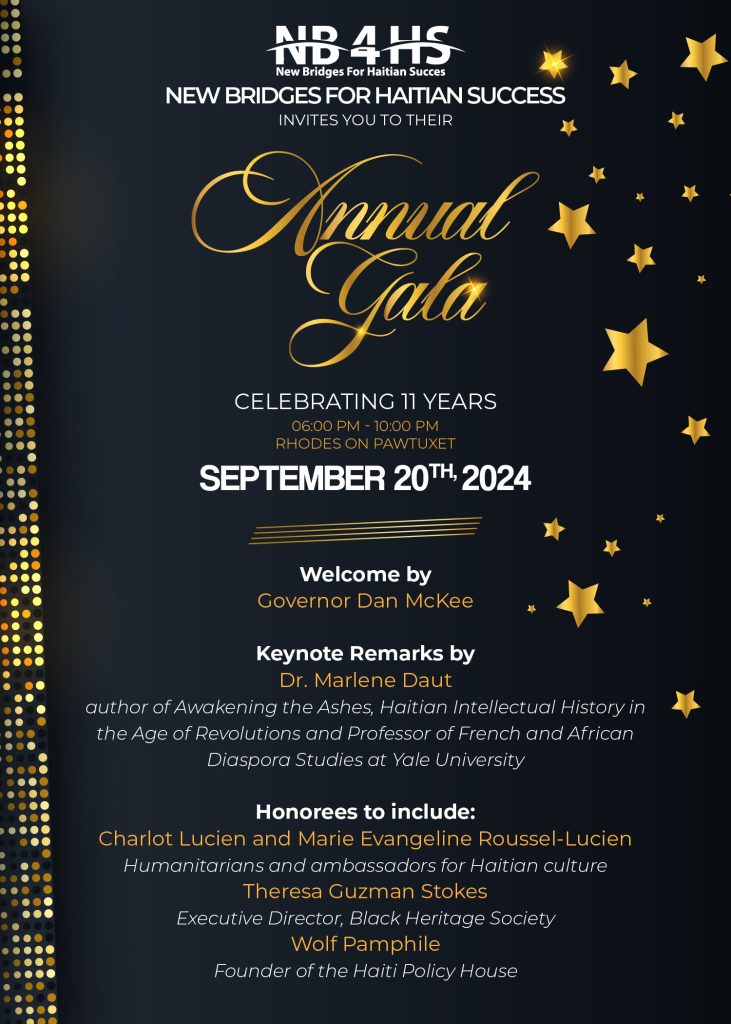
We are proud to announce that our esteemed Director, Theresa “Soni” Guzman Stokes, will be honored at the upcoming 11th Anniversary Gala of New Bridges for Haitian Success. This prestigious event, taking place on October 20th at Rhodes on the Pawtuxet, will celebrate individuals who have made significant contributions to the Haitian-American community.
Soni’s dedication to preserving and promoting Rhode Island’s Black heritage has been instrumental in highlighting and safeguarding the rich history and cultural heritage of Black communities across the state. Her inclusive and visionary approach has not only fostered greater awareness but also strengthened the connections within our community.
The gala will feature a keynote address by Dr. Marlene Daut, a distinguished Professor of French and African American Studies at Yale University, and will include performances celebrating Haitian history and culture. This event is a unique opportunity to honor the work of those who have made a lasting impact on the Haitian community in Rhode Island.
We invite you to join us in celebrating Soni’s achievements and the broader mission of New Bridges for Haitian Success. Tickets are available now at www.nb4hs.org. Don’t miss this chance to be part of an inspiring evening that brings together community leaders and supporters to celebrate heritage, culture, and the continued fight for equity and inclusion.

